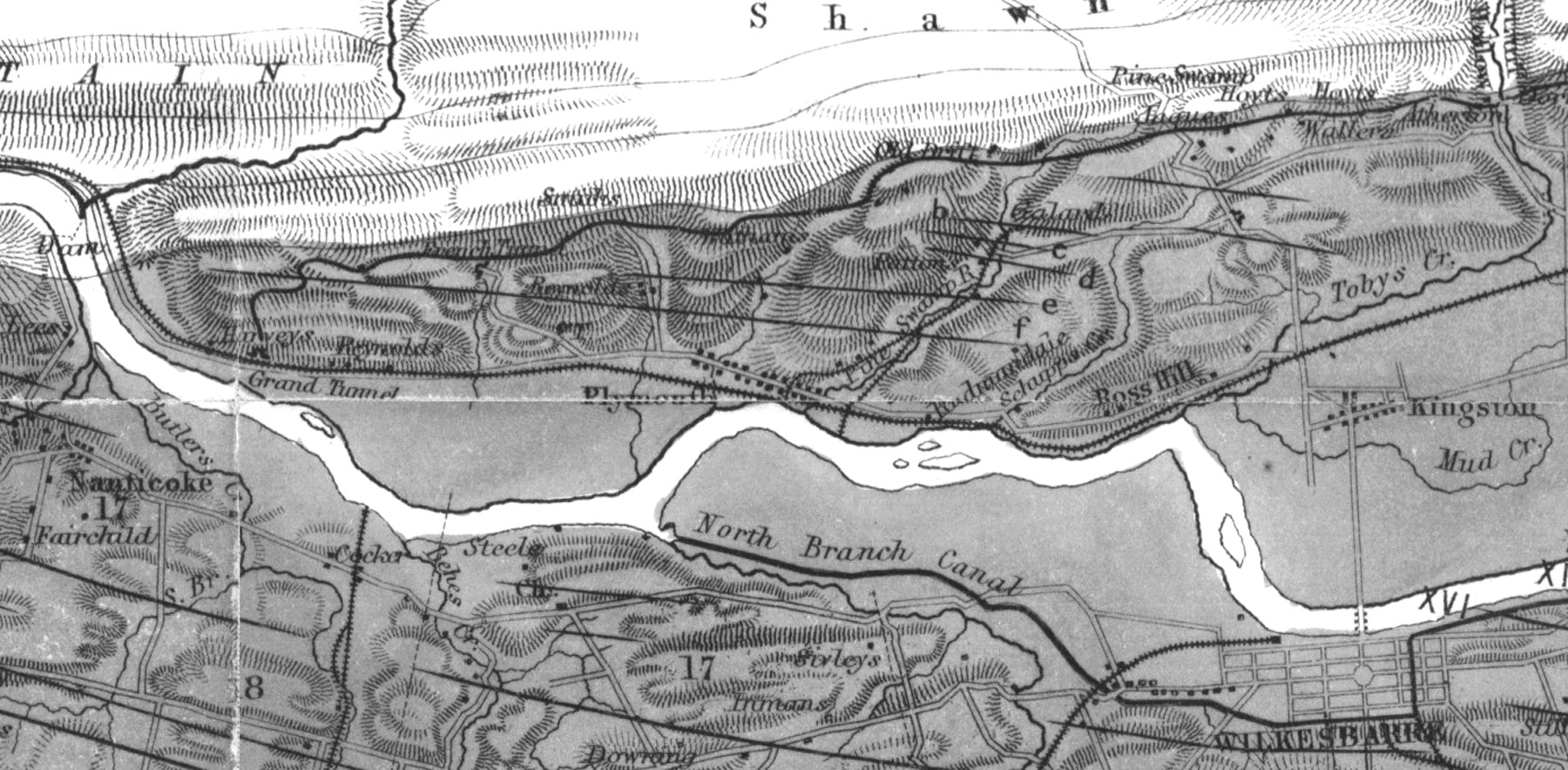
Bang on a Can All Stars, BBC Singers, Tecwyn Evans (conductor)
Kings Place Hall One, 19th January 2019
I had heard a few snippets of Julia Wolfe’s compositions but freely admit this was a bit of a leap into the unknown. Still what I had heard seemed interesting, I was keen to take in a few of the excellent looking concerts programmed as part of the year long Venus Unwrapped season at Kings Place, focussing on women composers, and Anthracite Fields is an acclaimed work that won a Pulitzer Prize.
It is an oratorio for choir and chamber ensemble which was premiered in Philadelphia in 2014 by the Mendelssohn Club Chorus and the Bang On A Can All Stars, Julia Wolfe being on of the founders of BOAC, alongside Michael Gordon and David Lang. It is scored for bass (acoustic and electric and here played by Robert Black), keyboards (Vicky Chow), percussion (David Cossin), cello (Mariel Roberts), guitar/voice (Mark Stewart) and clarinet/bass clarinet (Ken Thomson) and, as well as the choir, also requires the services of a sound engineer (Andrew Cotton) and accompanying visuals (Jeff Sung and Don Cieslik).
The piece is a tribute to those who “persevered and endured in the Pennsylvania Anthracite coal region”. Julia Wolfe grew up in Montgomeryville, Pennsylvania which lies to the South of the coal producing region, Anthracite is the purest form of coal, was mined from the turn of the C19, and by the turn of the C20 the region was powering much of America’s heavy industry. However through the first half of C20 the region declined in importance as the reserves were exhausted and, by the 1960’s, mining had essentially ended. It plays an important role in American industrial and labour history and Ms Wolfe is not the only artist to have explored its legacy. Less than one week later, the Tourist was privileged to see another top drawer, Pulitzer Prize winning, creative work which took inspiration from near this region, Lynn Nottage’s play Sweat, based in Reading, Pennsylvania, which, over a century, turned from one of the richest to one of the poorest cities in the USA.
Julia Wolfe herself had previously addressed the plight of the American worker in Steel Hammer, her “art ballad” about the folk hero John Henry. Her text for Anthracite Fields is drawn from various sources, oral histories and interviews (including her own), local rhymes, a coal advertisement, geological descriptions, a mining accident index, a list of contemporary daily activities that use coal power and an impassioned political speech by John L Lewis, a past head of the United Mine Workers Union.
It is made up of five movements together lasting just over an hour. In Foundation, a kind of dark chorale, the choir intone the names of miners killed in accidents, but only those named John with one syllable surnames, there being so many who died. It ends with further chant of representative polysyllabic names which give a flavour of the diversity of countries from which the miners emigrated to this small corner of one State. There is also a poetic passage drawn from the geology of coal formation. Breaker Boys takes a series of nervy rhymes and an interview and describes the painful work of the Breaker Boys, children employed to sort debris from the coal as it came down the chutes from the heads of the mine-shafts. Think folk-rock. The third movement Speech takes the aforementioned John L Lewis’s powerful oratory, “if we must grind up human flesh and bones”, sung here by BOACAS veteran Mark Stewart with choral responses. Flowers is inspired by the list of flowers Barbara Powell, literally a coal-miner’s daughter, recited during an interview with Ms Wolfe. It is gentler in tone than the other movements and, over its memorable rhythmic base, the choir explores some haunting harmonies. The last movement is another list, of activities followed by a rhyme about Phoebe Snow, a fictitious NYC socialite created for an advert whose white gown was unsullied during her railway journey, so pure was the coal fuelling the engine.
Now there is nothing difficult about Julia Wolfe’s music in Anthracite Fields. Quite the reverse. It is almost alarming in its immediacy. At its core it is a minimalist work, driven by the dirge-like rhythms laid down by the various members of the ensemble, and it is not afraid of grungy rock’n’roll. There is plenty of instrumental colour and the 20 or so strong choir have plenty of opportunities to show off. Here, in the well-balanced but enclosed acoustic of Kings Place Hall One, initially at least the band had the upper hand but this seem to be corrected through the second half of Foundation, or maybe it my ears adjusting.
It packs a huge emotional punch and there is nothing subtle about its messages. Bearing all this mind, and if you are prepared to be immersed in the concept, music and projections, you are in for a treat, should this return, as it should (this was its UK premiere). I should imagine it would be even more powerful in the version for a larger choir, 150 strong. It certainly deserves a bigger audience than this though I get that this sort of fusion, which is at the core of the Bang on a Can ethos, lies a bit beyond normal musical boundaries.
